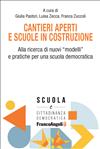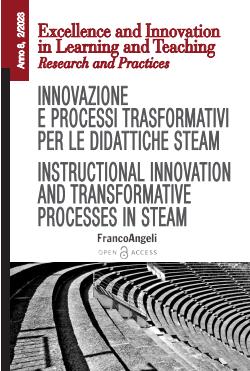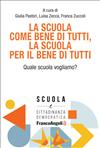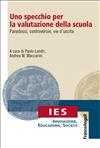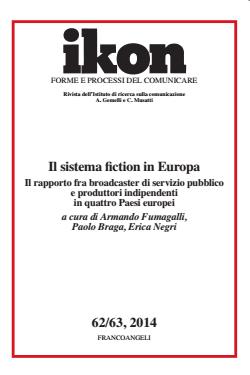I consumi culturali dei figli: la madre come "mediatrice culturale" - This research project explores the ‘cultural diet’ of immigrant children aged 3-6 and the role of cultural mediation played by their mothers in relation to a specific issue which connotes the migration experience of double ‘loyalties’ and the double process of acculturation as experienced by ‘first and second’ generations from diverse perspectives: loyalty and integration oriented towards the host society and also towards the home country and culture. The project involved a group of 8 Peruvian and 8 North-African Arab women, mothers of children attending the ECEC services in Milan. They were interviewed as favoured witnesses in order to explore the ‘cultural diets’ of their children, family choices regarding cultural products such as books, TV programs and new media, toys, games and outdoor activities. On the basis of the interviews, the researchers interpret and reconstruct mothers’ attitudes, ideas, choices and emotions in relation the their specific role as ‘cultural mediators’ for their children’s ‘cultural diets’, characterized by double cultural references (host and home culture). More specifically, the ‘mediation action’ within an individual’s and group’s spectrum of nuances aims at finding the delicate balance between assimilation to the new context, protection from undesired elements of the new context and the maintenance of cultural identity anchors from the home country. The data offers thought-provoking themes, opens new research questions and gives meaningful information, we think, for practitioners in ECEC services and schools. It is becoming more and more crucial to recognize and understand the real living conditions of immigrants, cultural attitudes regarding education and upbringing, the challenging complexity of double/multiple processes of acculturation and integration. Immigrant parents, acting as cultural mediators for their children, need to be supported in order to promote the active integration of children within the Italian context, supporting an identity that integrates the cultures of the home and host countries.
